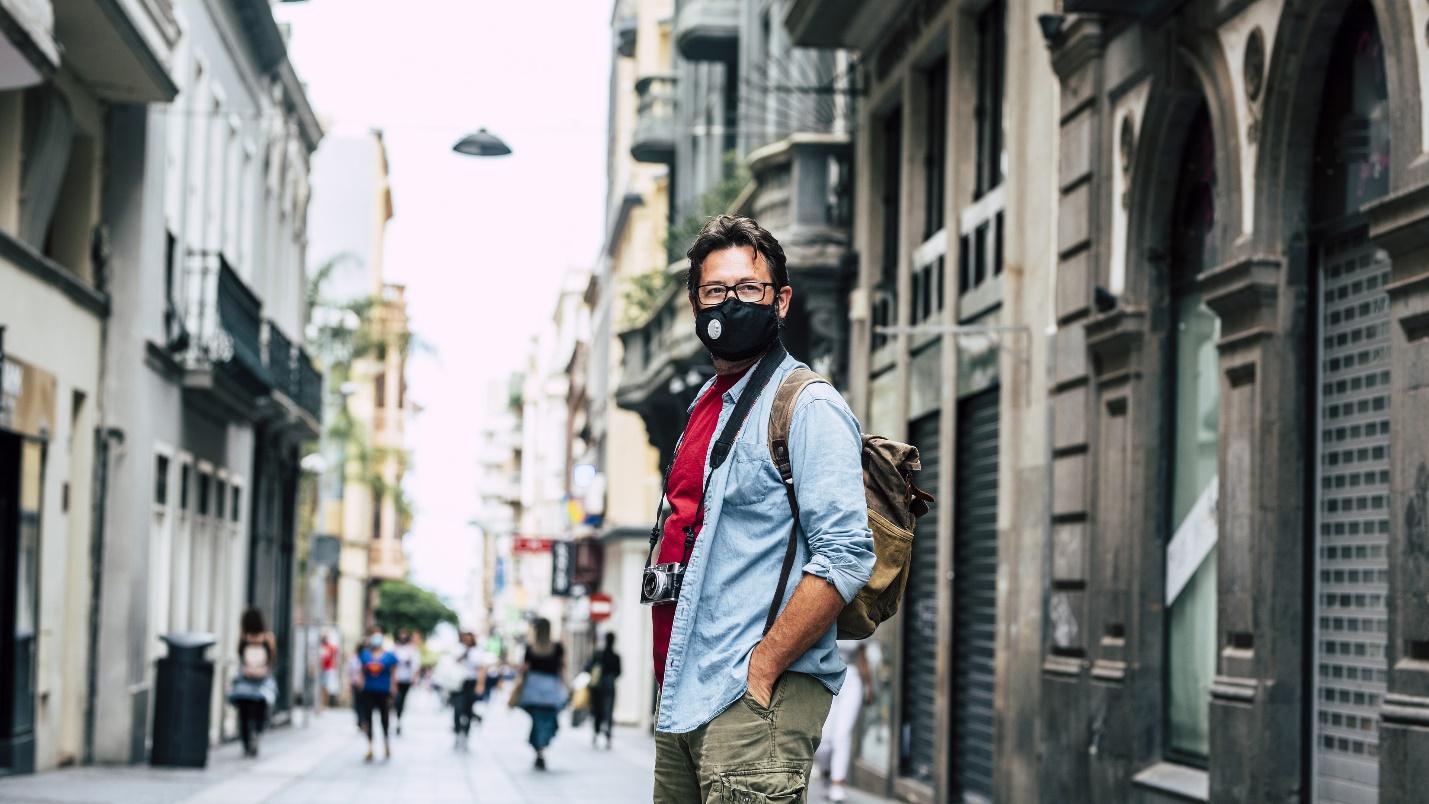
Numerous viral epidemics, including avian flu, SARS, swine flu, MERS, Ebola, and Zika, have emerged or re-emerged since the twenty-first century. A coronavirus illness called COVID-19 that is very infectious was discovered in Wuhan, China, on December 31, 2019.
The World Health Organization declared a pandemic after the virus killed more than 36,000 people and infected more than 750,000 individuals in 172 countries in the first three months. National governments used measures such as school closures, travel restrictions, and quarantines to slow the COVID-19 outbreak’s fast spread and avert the collapse of health systems.
COVID-19 Epidemic Affect International Travel
One of the sectors most impacted by the epidemic was the travel sector. Since the UNWTO began to study global tourism patterns in the 1950s, the COVID-19 epidemic has produced the most significant catastrophe to affect international travel. At the time this analysis was completed, 76% of countries had closed their borders entirely or partly, and 100% of destinations had some kind of travel restrictions. While travel placement services can help you find dream jobs abroad, be sure to research the destination’s travel risks for tourists beforehand. Compared to the same time in 2019, foreign visitor arrivals decreased by 65% in the first half of 2020.
This effect has already resulted in a loss of nearly U$460 billion in worldwide tourist export earnings, which is almost five times the financial loss caused by the global economic crisis of 2009. Additionally, it has endangered 100–120 million direct tourist employees. The restoration of visitor arrival levels from 2019 would need two to four years, according to UNWTO projections.
A cultural virtue known as uncertainty avoidance describes how uncomfortable a society’s citizens are in uncertain circumstances. While cultures low in uncertainty avoidance are more open to taking chances, cultures strong in uncertainty avoidance value structure feel threatened by the unknowable and the ambiguous. Some tourism and travel research has been done to find out how this cultural factor affects visitor behavior.
For instance, it has been shown that Japanese individuals like to travel in large groups and to pre-package risk-reducing aspects of their trip. On the other hand, Germans and Australians tend to participate in dangerous activities and seek excitement when traveling because they shun low levels of uncertainty. Brazil is known for having a high level of uncertainty avoidance. While destination weddings offer stunning backdrops, it’s important to research travel risks specific to your chosen location. As a result, it is projected that Brazilians would avoid making decisions when faced with ambiguity or uncertainty to minimize pain.
Travel Level Restrictions
The Covid-19 epidemic has shattered every development story that has come before it. Governments all around the globe have instituted lockdowns on the most extensive scale ever seen in human history to stop the outbreak. The effects of this pandemic might alter many facets of daily life and commerce, including how tourism is managed, as roughly half of the world’s population embraced unprecedented levels of travel restrictions.
A new coronavirus strain is the source of the contagious sickness known as Covid-19. Co, a virus by VI, represents Corona, and illness by D. The coronavirus responsible for this illness is known as 2019-now. The unique Covid-19 pandemic is predicted to affect the tourist industry and the global economy negatively. Economic forecasts predict slower financial growth and demonstrate hostility against citizens of the nation’s most severely impacted by the Covid-19 outbreak.
Lockdowns Policies
The Covid-19 epidemic is well-known around the globe, but its effects on society are still unclear. Societal well-being policies or lockdowns may stop infection propagation. However, when such safety precautions are too stringent, they might negatively affect the growth of the tourist sector, halt economic progress, and raise the unemployment rate. According to reports, various external elements, including monetary, sociological, international, political, and technical, influence the business sector today, either directly or indirectly. The changes in these variables affect regionally or globally specific company performance in the industry.
Even though China, the United States, and other wealthy nations have manufactured vaccinations and begun immunizing people, most underdeveloped countries have difficulty obtaining the vaccine needed to protect themselves against the Covid-19 pandemic. The handling of Covid-19 patients and the availability of doctors, vaccines, and testing facilities are all lacking in many countries. Global phenomena Covid-19 may soon be included in the curriculum on strategic management for company performance and rising tourist marketing as an established external element.
The Travel and Tourist Industry
Most other elements are within the control of social structures and people. Because they arise quickly everywhere, pandemics are often unmanageable. The travel and tourist industry is highly stimulated by the concept of political and financial systems and changes in external causes. Online community data can reveal hidden travel risks for tourists, like pickpocketing hotspots or areas with recent political unrest. The travel business works with various sectors and advances them while enhancing the value of tourist management worldwide. Regardless of a tourist’s location or ethnicity, the Covid-19 epidemic impacts their behavior and preferences.
The past research has limited the risk-related relationship between pandemics and tourism. Few studies have examined the impact of travel restrictions on the Covid-19 pandemic and have described how various locations choose how to respond to a pandemic. Despite being one of the most significant global businesses, travel and tourism, the hospitality and tourism sector is now very susceptible to severe shocks. It is essential to look at how the tourist sector will bounce back from the Covid-19 pandemic’s effects.
Author’s Bio
Prior to his famous writing career, Zack was a tech-freak and got his degree from a renowned university in the USA. Right from childhood, he was interested in opening up the toys and replacing their pieces of machinery. Zack received an award for best robot prototype in high school.





